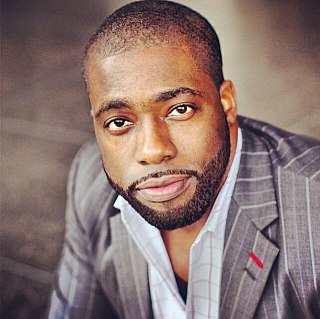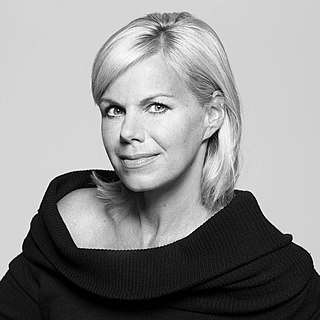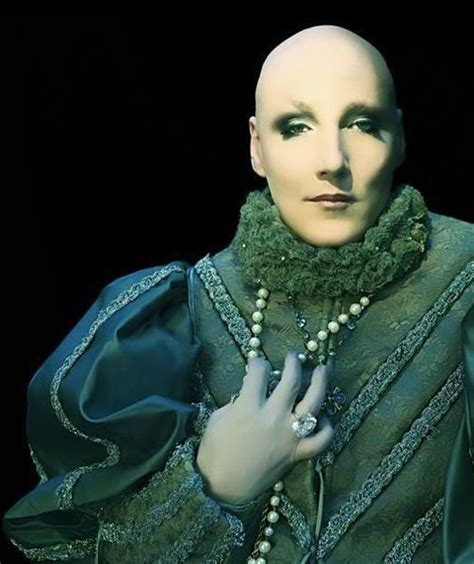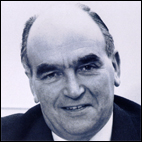A Quote by Jeffrey Pfeffer
With respect to trust, people tell me that it is essential for organizational functioning. Maybe, but most surveys of trust find that trust in leaders is low and nonetheless, organizations role along quite nicely.
Related Quotes
Trust is perhaps the most critical single building block underlying effectiveness. Without trust leaders do not have followers. Without trust, leaders are impotent despite great rhetoric or splendid ideas. Trust rests on the belief among followers that the leader is transparent: What you see is what there is. Trust means followers believe there is no duplicity; no manipulation just to satisfy the leader's ego. Very simply: The effective leader is transparent; that's why that person is trusted.
When the trust is high, you get the trust dividend. Investors invest in brands people trust. Consumers buy more from companies they trust, they spend more with companies they trust, they recommend companies they trust, and they give companies they trust the benefit of the doubt when things go wrong.
Trust and respect are two-way streets. We want the horse to accept us as leaders of the herd, to guide them safely and to provide protection and comfort. In return, they will give us their respect, and willing submission to our ideas about what to do next, and when and where. But this respect can only be based on well deserved trust.


































